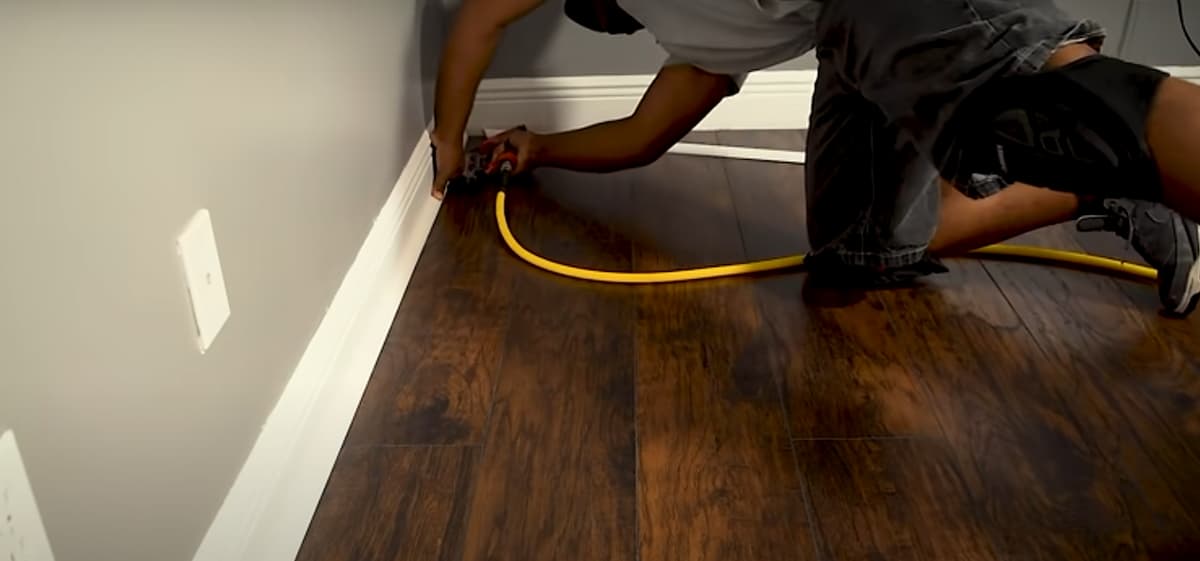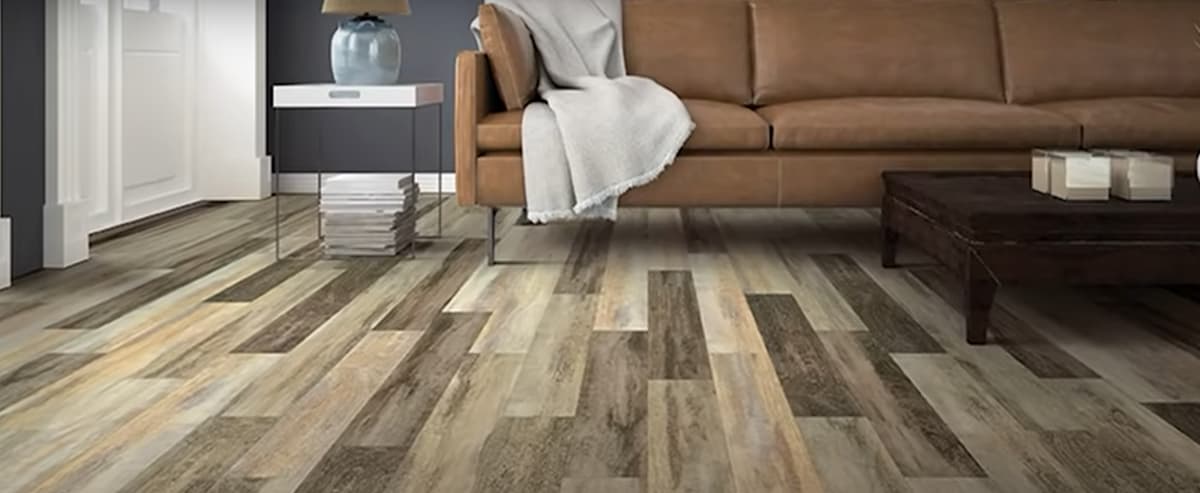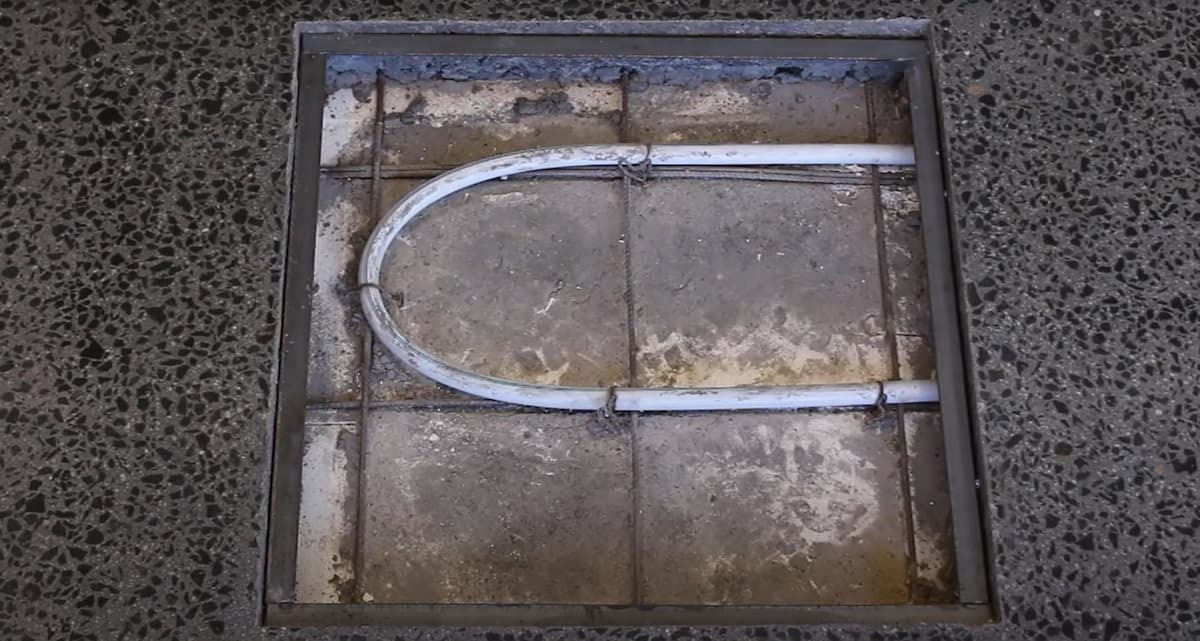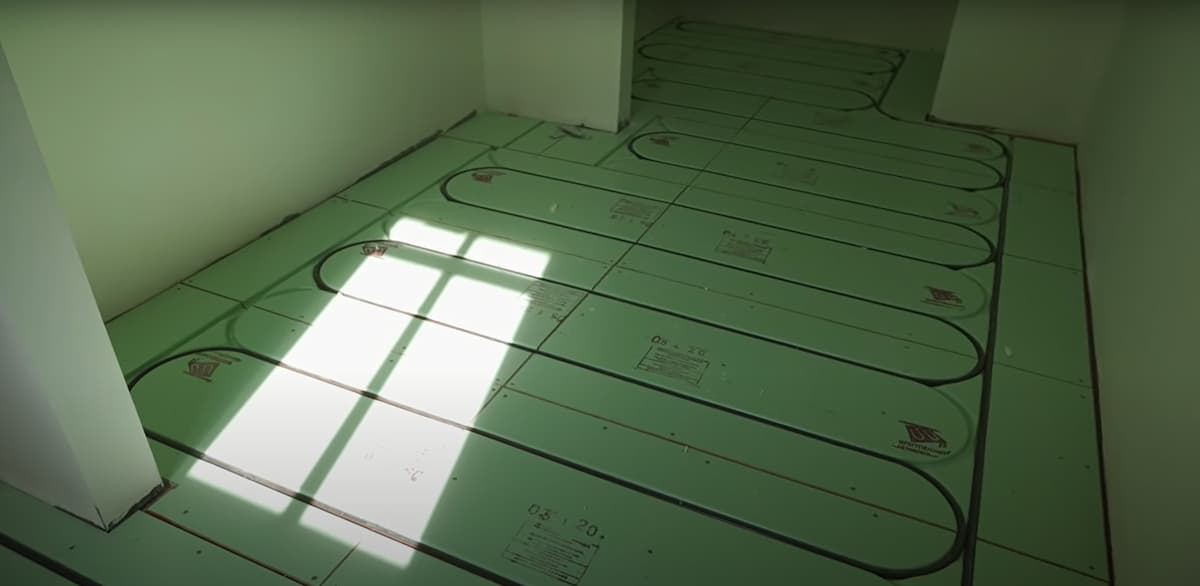
What is screed? | What is concrete? | Which is better, concrete or screed? | Can both screeds and concrete be used indoors and outdoors?
Concrete and screed are two of the most widely used materials in the construction industry. They are very similar and to the untrained eye, they might even seem identical. However, there is a certain difference between them that one should know before deciding which one they would use in their construction project.
Concrete and screed are made from the same ingredients – that is cement, water, and aggregate. The difference between concrete and screed can be seen in the coarseness of the mixture, the mix consistency, and the finish. With concrete, the mixture contains a lot more aggregates that are harder and larger. That makes the concrete more durable and sturdy. With screed, the mixture is not coarse but smooth and with less aggregate.
What is Screed?
Screed is a mix of cement and water with only a small amount of aggregates included. This mix is smooth and usually used as a finishing layer on a concrete base. It can be used on internal floors or as a means to level the final carpet covering, tiles, linoleum, stone, wood, or concrete floor, and so on.
The reason why this type of finish is used on concrete floors is because of the great aesthetics and the added durability. This bump-free finish will help protect the concrete floor and make them long-lasting. In addition, screed is often used to cover underfloor heating systems, thermal or acoustic insulation.
What is Concrete?
Concrete is a mixture of water, cement, and a larger amount of aggregate compared to the amount used for a screed. This is one of the most widely used building materials that has ideal strength and adjustment abilities. It can be used for just about anything, from walls to roads, floors, and certain building structures.
But there is a lot more to concrete than just its strength – this material is also very durable, versatile, economical, non-combustible, and so on. The only downside of concrete is the complicated application process that requires certain specialized tools. Hiring professional help to apply concrete is advised, while the same is not needed when it comes to applying screed.
Which is better, Concrete or Screed?
There is not a simple way to explain which is better – whether it is concrete or screed. The right answer would be that it can be decided which is better depending on certain criteria one would have in mind.
For example, screed tends to be smoother than concrete because of the fine sand and cement in the mixture. Therefore, it is better to use it as a finishing or top layer. On the other hand, concrete is stronger and lasts a lot longer. So, it is not wrong to say that it is better to use concrete for construction purposes. Both screed and concrete can be used indoors, while cement is the better choice for outdoor usage. As for the application, the screed is better because of the easier application process.
Can Both Screeds and Concrete be used indoors and outdoors?
Screed is usually used only for indoor purposes. Some of the polymer-modified types of screed can be used outdoors as well, depending on its ability to withstand different weather conditions and its water resistance. Another thing to keep in mind is that screed is not recommended for structural use – it is only a finishing layer. Those looking for something stronger and sturdier are bound to use concrete. Concrete is recommended for both outdoor and indoor use, while it can also be used in any kind of weather. Shortly put, it is the ideal building material.





